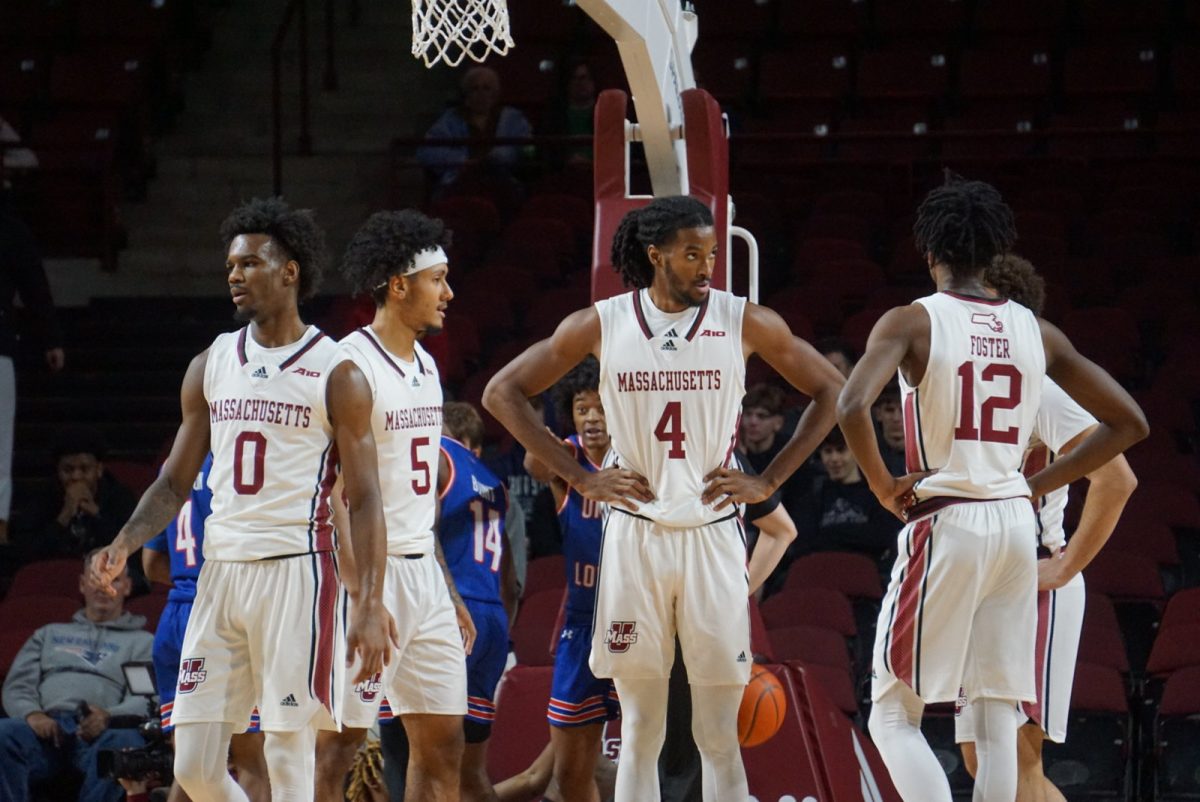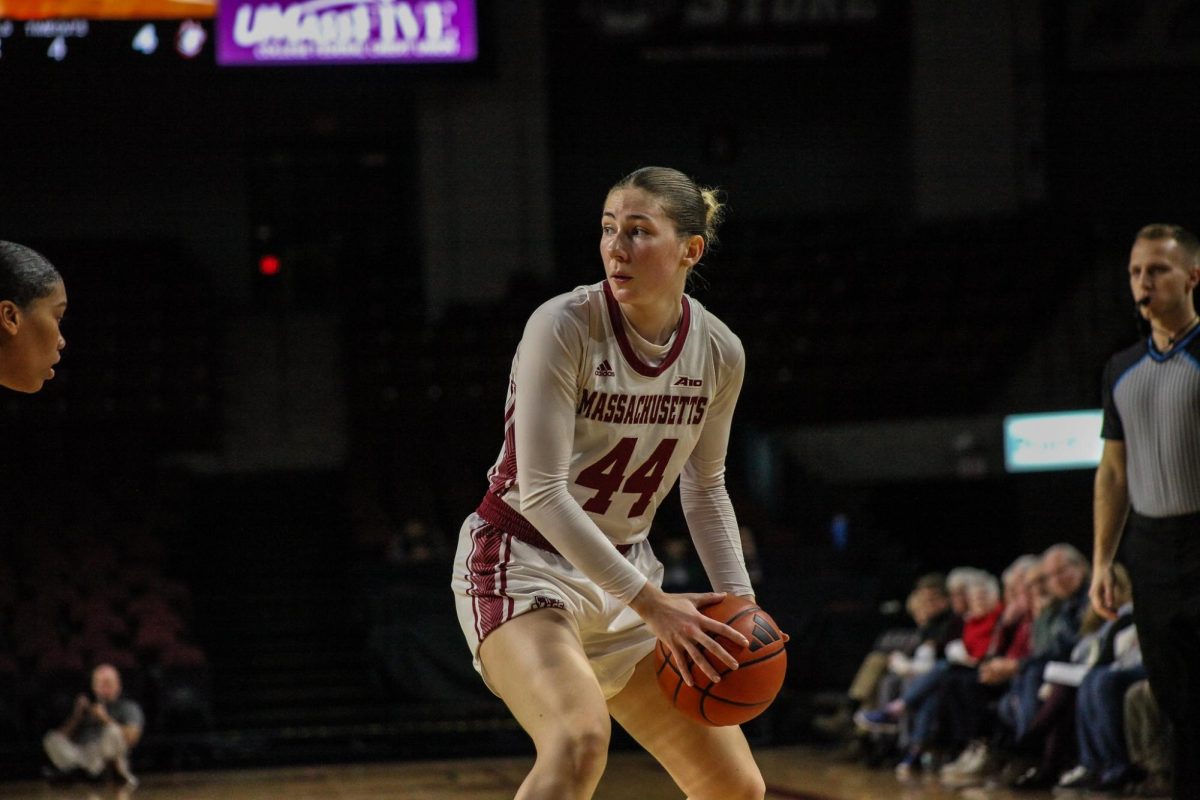The place where the dead neither suffered the pains of hell nor the joys of heaven according to mythology was called limbo. Limbo is precisely where the Eastern Collegiate Athletic Conference remains for the 2004 season.
The ECAC solidified itself as one of the best conferences in college lacrosse in 2003, comprising four of the 16 teams (Rutgers, Georgetown, Penn State, Massachusetts) that played in the NCAA tournament. But at the end of the season, the conference of six teams split apart, with Maryland-Baltimore Country and Navy bolting for much less powerful conferences, as UMBC moved to America East and Navy joined rival Army in the Patriot League.
That leaves just the four ECAC teams for 2004, but the league will add a trio of solid squads for 2005.
“Certainly we’re looking forward to next year when we add three additional teams in Hobart College, Loyola College (Md.) and St. John’s University,” ECAC Commissioner Phil Buttafuoco said in a conference call last week. “That will bring added excitement to the league. I think you can tell by the quality of the schedules that our coaches and our teams are willing to go out and play the best in the land at any time.”
One of the biggest implications for the conference is that it loses its automatic qualifier for the NCAA tournament in March. In order for a league to receive an AQ, it must have at least six member institutions together for two years. That means the ECAC is without an AQ until the 2007 season.
“I’m not too worried about not having the automatic bid for the league,” Penn State coach Glenn Thiel said. “Yeah, it would be nice when it does materialize down the line. I tend to think that if you’re good enough to beat the likes of the teams in the ECAC, you’re probably going to be selected for the tournament. I suppose a scenario could materialize where we all knock each other off, but the bottom line is you’re going to have to have some significant wins anyway.”
Coaches across the league seem far from worried about the loss of the AQ, as the conference’s member institutions all likely would have made the postseason without the qualifier last season.
“It’s not something we dwell on,” Rutgers head coach Jim Stagnitta said. “There’s four quality teams in our league that are all NCAA-caliber teams. I think that we all play very competitive schedules out of the league. Georgetown took our league last year, and I think Georgetown would have received a bid whether it was an AQ or not, so I think all four of us would have gotten to the tournament even if we weren’t a league. Is it nice to have it? Yes. When your league is as strong as ours is, is it necessary in the short term? No.”
Another big problem for the member institutions was scheduling for the 2004 season. With two teams leaving and a somewhat consistent non-conference schedule normally in the works, coaches needed to scramble to find non-traditional opponents to pencil in to the schedule.
“It was a little difficult based on the timing to replace the quality of a Navy or a UMBC in the short term,” Stagnitta said. “I think that from our standpoint, we feel that our opener at Dartmouth is a good replacement, it’s another playoff team. And obviously I’m pleased with the quality of teams that are coming in to the league next year. We’ve continued to provide from top to bottom what would be a competitive league on a daily basis. This year was a little bit of a scramble, but after this year, we’ll be back to business as usual as far as the schedule goes.”
Massachusetts added an opening game against North Carolina in Baltimore, Md. this weekend and a Friday night contest with Manhattan in April. Rutgers added games with Dartmouth, Quinnipiac and Fairfield, while Georgetown added Vermont and Delaware.
“We gained North Carolina and Manhattan, but we lost two good games in Navy and UMBC,” UMass coach Greg Cannella said. “You lose an Automatic Qualifier, so that hurts, not having that guarantee that someone’s getting in. We’ll miss those teams, the league takes a hit because we lose those two teams.”






